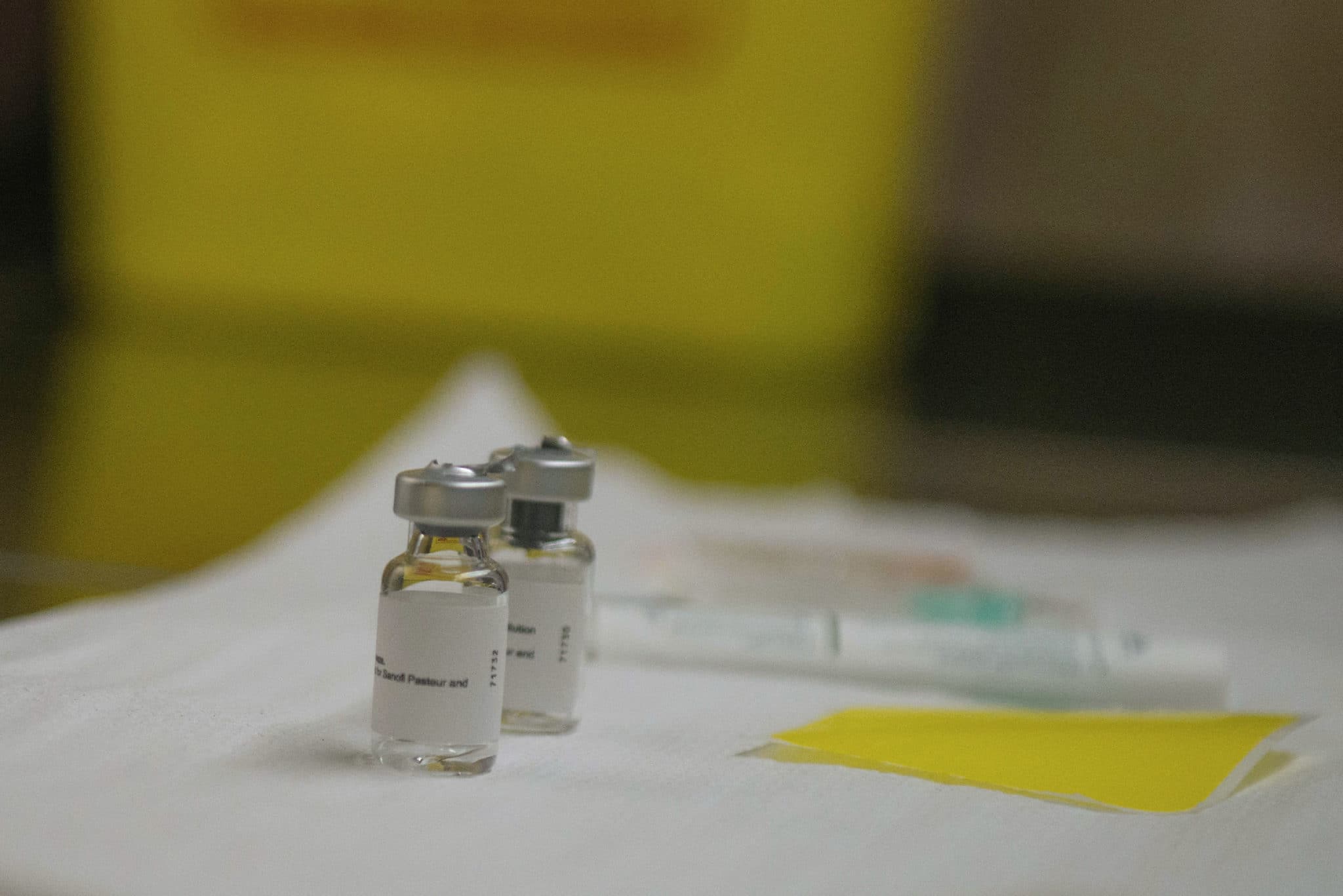Experimental HIV vaccine trial shows promising results, prompting researchers to partner with Moderna

HIV vaccines have proved elusive (Michael Longmire/Unsplash)
A study that could one day lead to a potential HIV vaccine has shown promising results, scientists have said.
Researchers from the International AIDS Vaccine Initiative (IAVI) and Scripps Research say that a phase-one trial has shown “proof in principle” for a new type of vaccine that could be used against the virus.
An effective vaccine to prevent HIV infection has proved elusive for nearly four decades, not least because the virus constantly evolves into different strains to evade the immune system.
However, the trial found success in “stimulating production of rare immune cells needed to start the process of generating antibodies” that could neutralise diverse strains of HIV.
Study ‘demonstrates proof of principle’ for HIV vaccine concept
The trial succeeded in generating cell production in 97 per cent of participants, though researchers stressed it is only a first step.

Previous attempts to create experimental vaccines for HIV have ended in failure (Getty/MUJAHID SAFODIEN)
Professor William Schief, executive director of vaccine design at IAVI’s Neutralizing Antibody Center, said in a release: “This study demonstrates proof of principle for a new vaccine concept for HIV, a concept that could be applied to other pathogens, as well.
“With our many collaborators on the study team, we showed that vaccines can be designed to stimulate rare immune cells with specific properties, and this targeted stimulation can be very efficient in humans.
“We believe this approach will be key to making an HIV vaccine and possibly important for making vaccines against other pathogens.”
The researchers are now partnering with biotechnology company Moderna to develop and test an mRNA-based vaccine – the same radical approach employed in the creation of coronavirus vaccines.
Results could pave the way for future breakthroughs
IAVI boss Mark Feinberg, said in a release: “These exciting findings emerge from remarkably creative, innovative science and are a testament to the research team’s talent, dedication and collaborative spirit, and to the generosity of the trial participants.
“Given the urgent need for an HIV vaccine to rein in the global epidemic, we think these results will have broad implications for HIV vaccine researchers as they decide which scientific directions to pursue.
“The collaboration among individuals and institutions that made this important and exceptionally complex clinical trial so successful will be tremendously enabling to accelerate future HIV vaccine research.”
Dennis Burton, director of the NIH Consortium for HIV/AIDS Vaccine Development, said: “This clinical trial has shown that we can drive immune responses in predictable ways to make new and better vaccines, and not just for HIV.
“We believe this type of vaccine engineering can be applied more broadly, bringing about a new day in vaccinology.”

